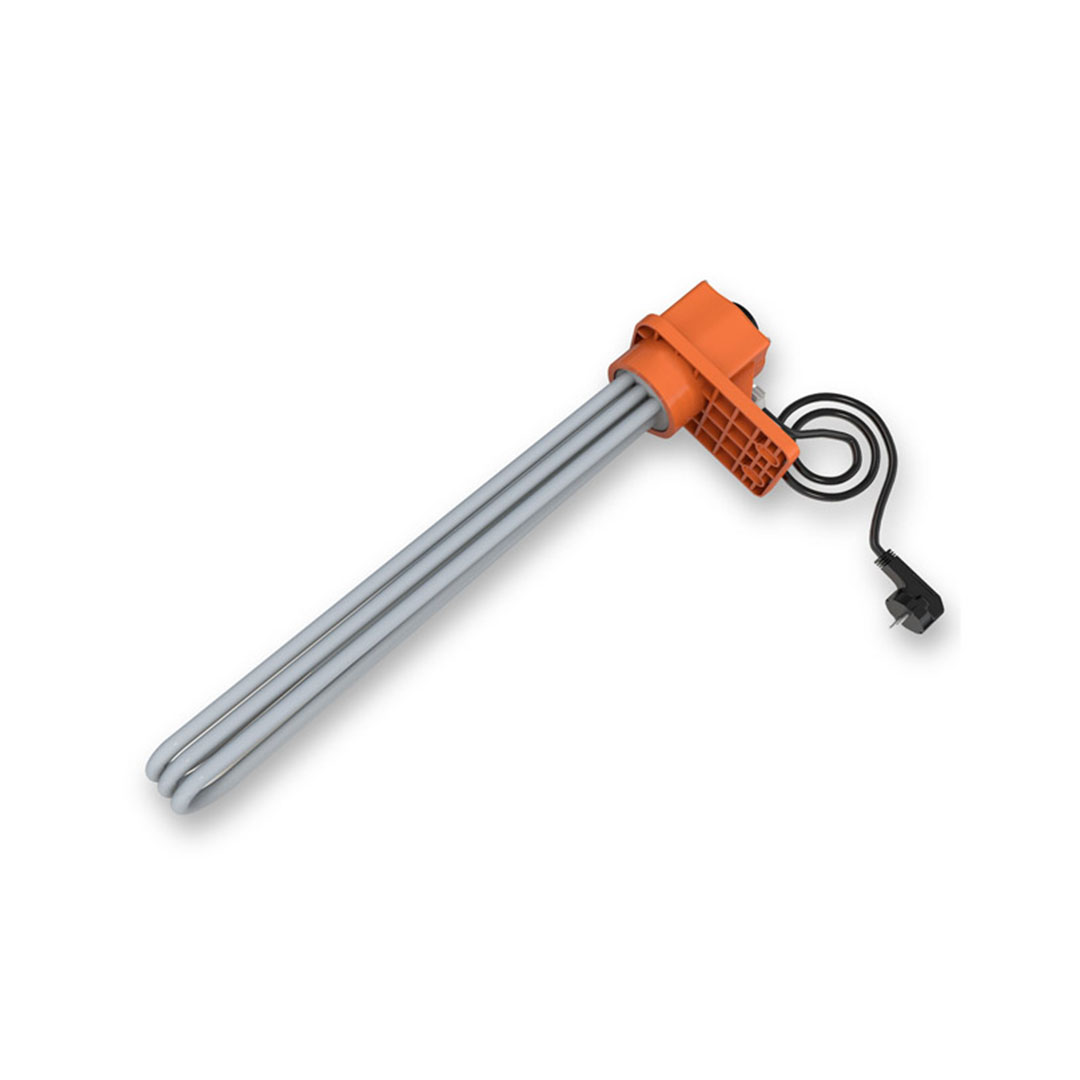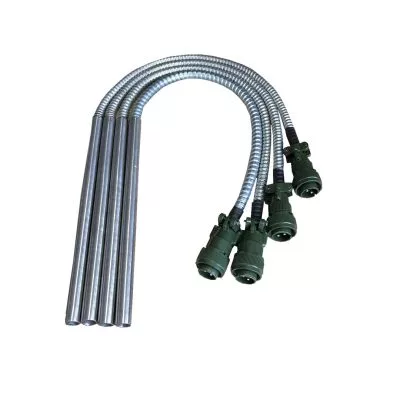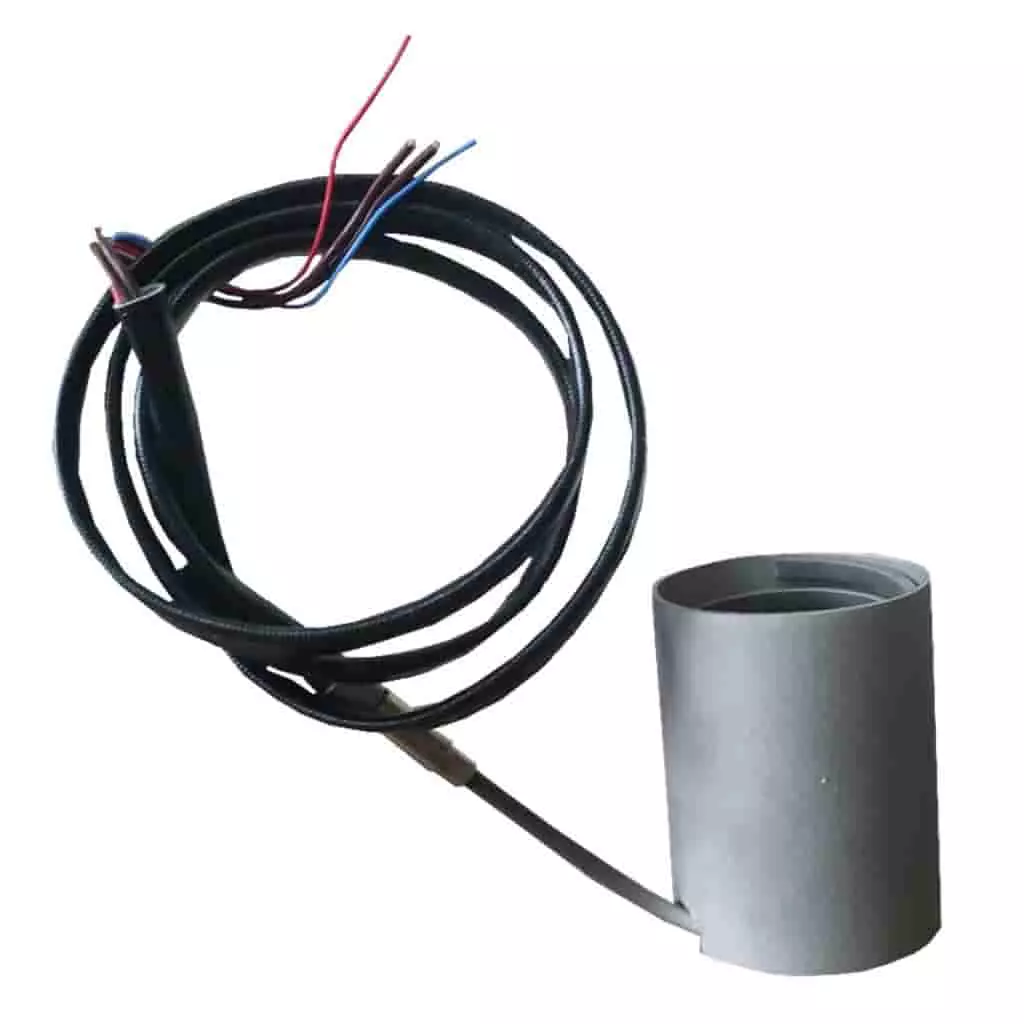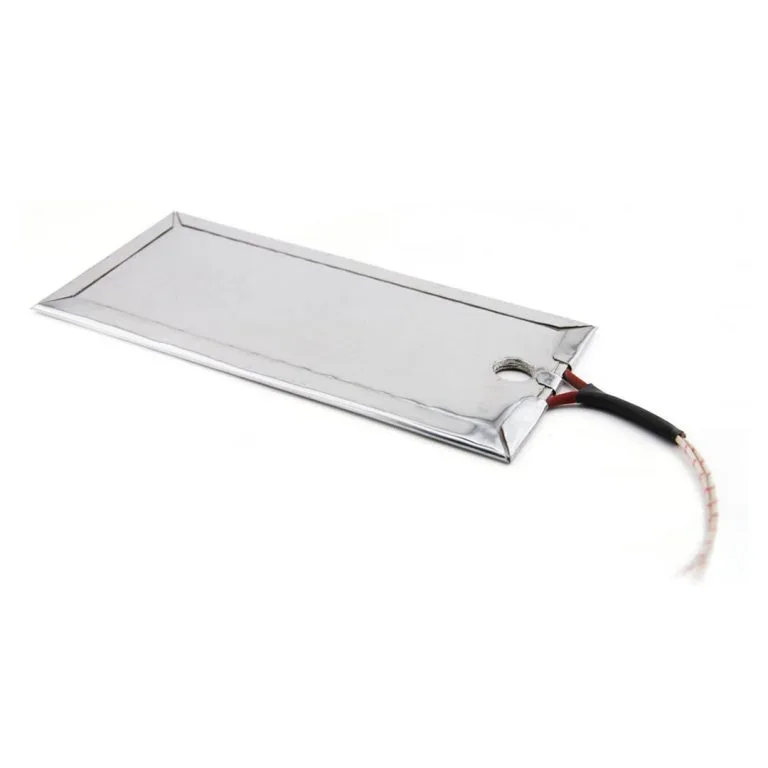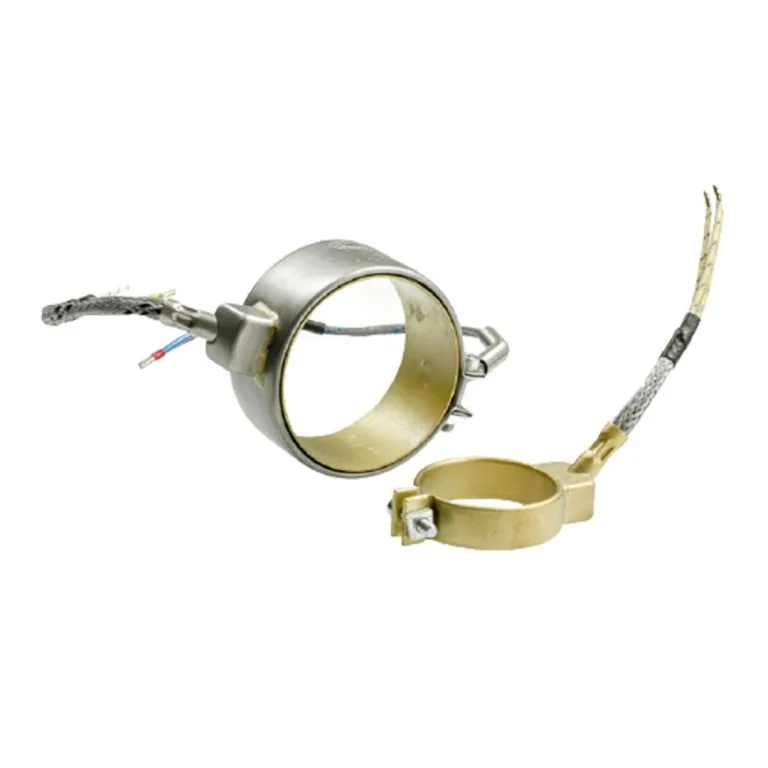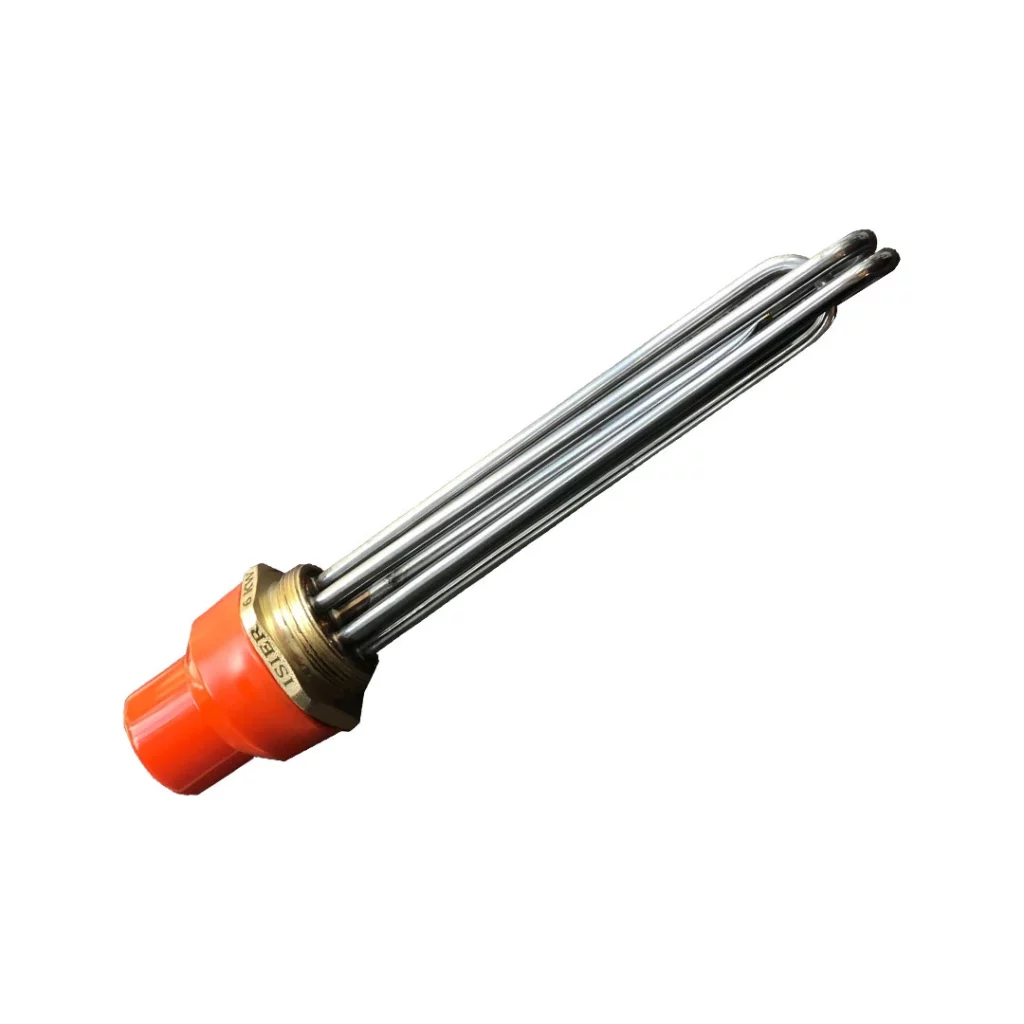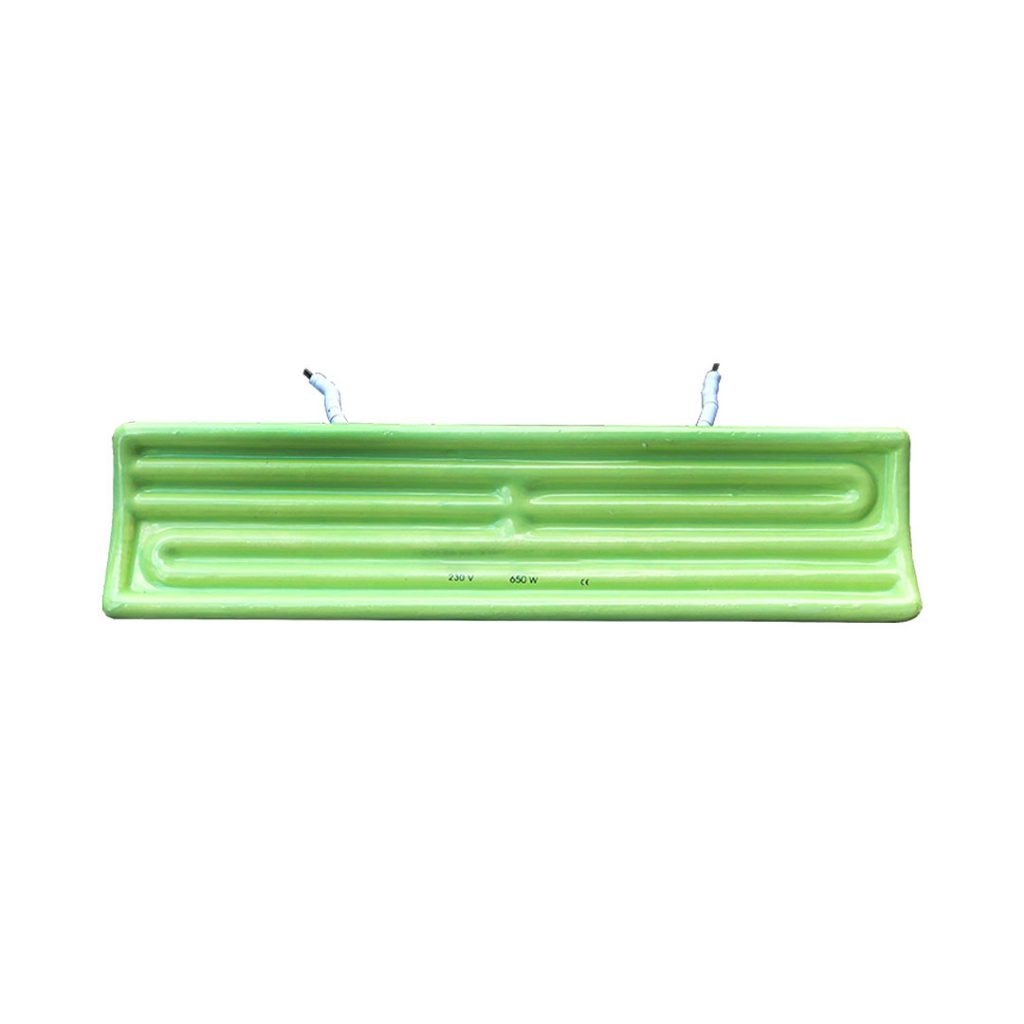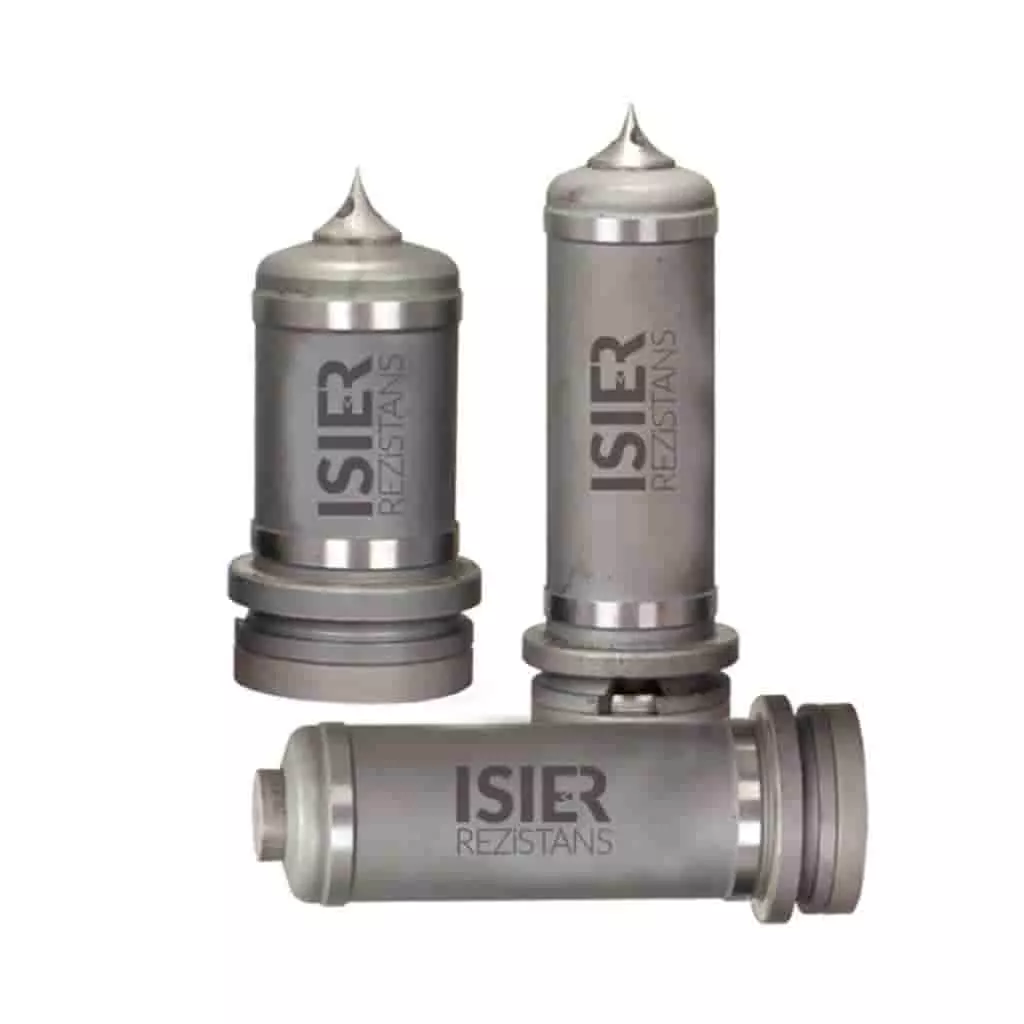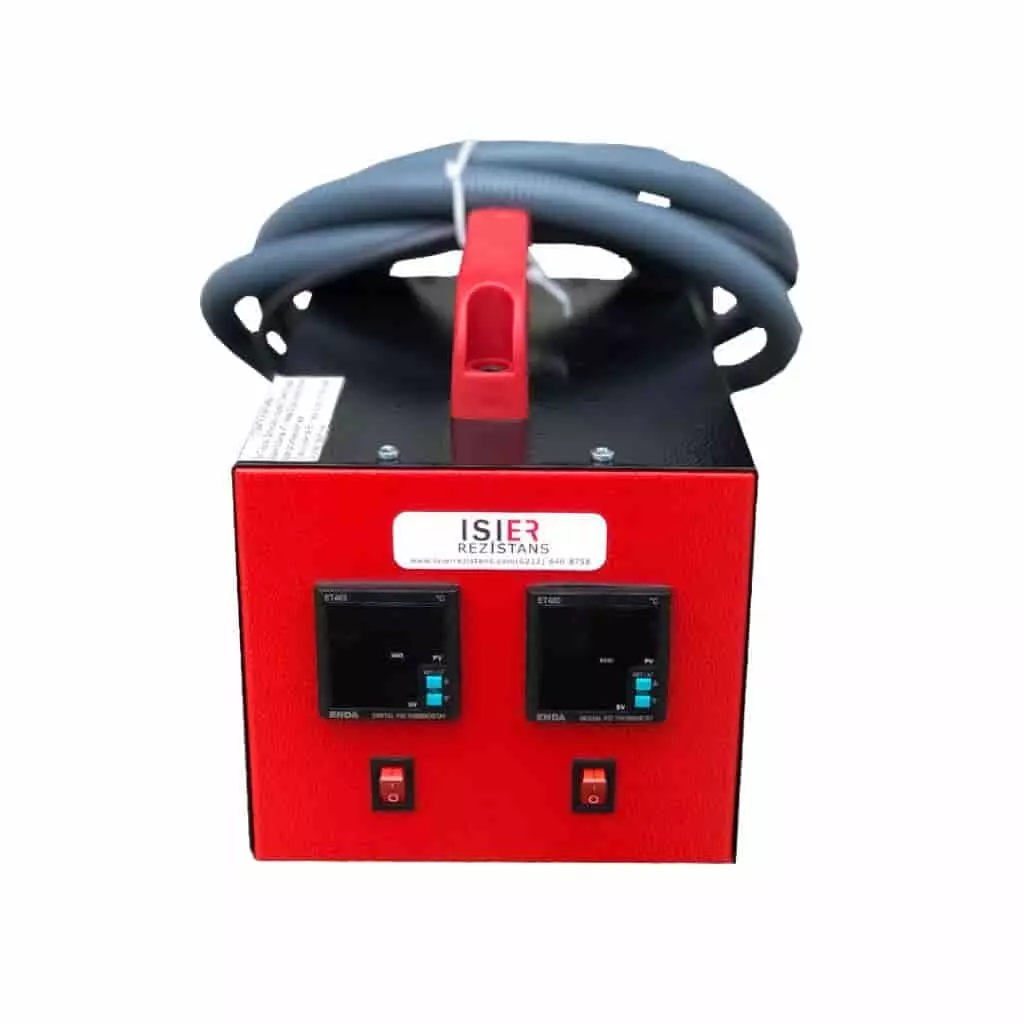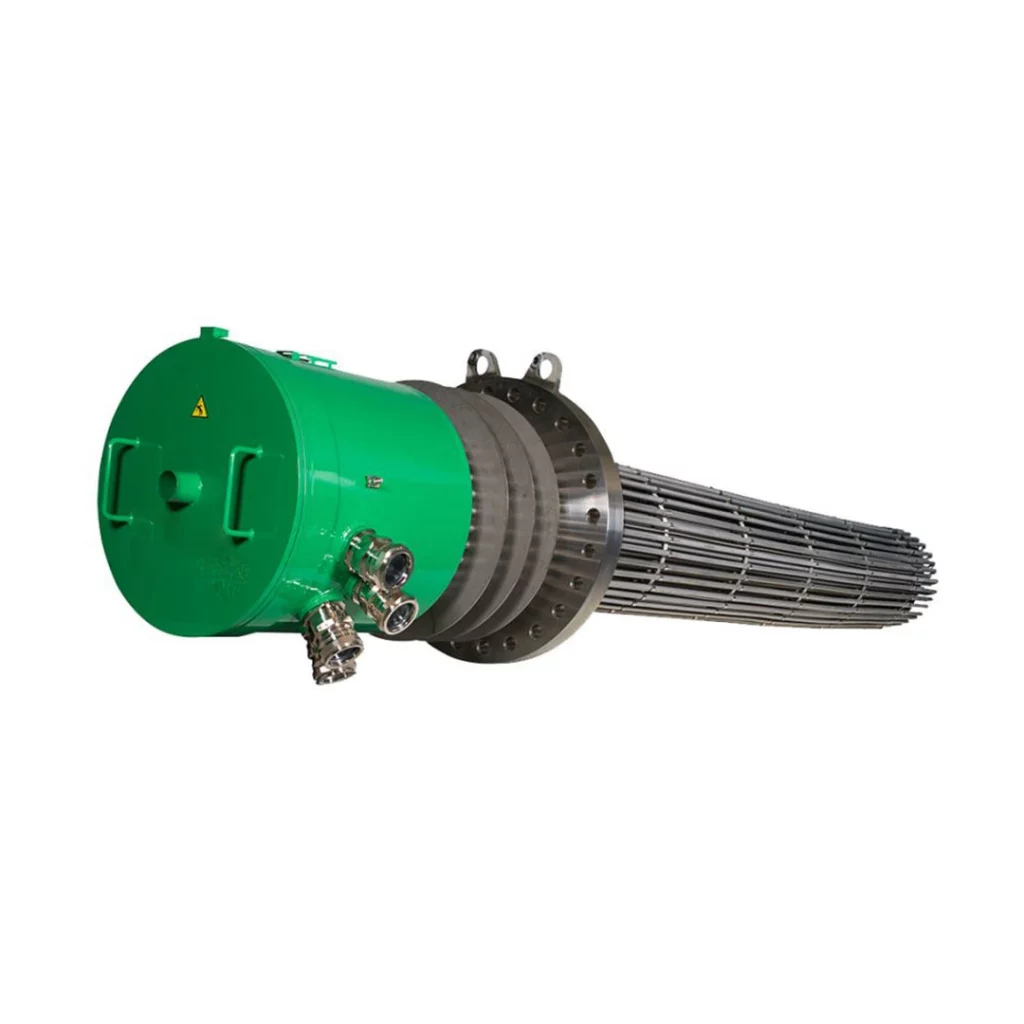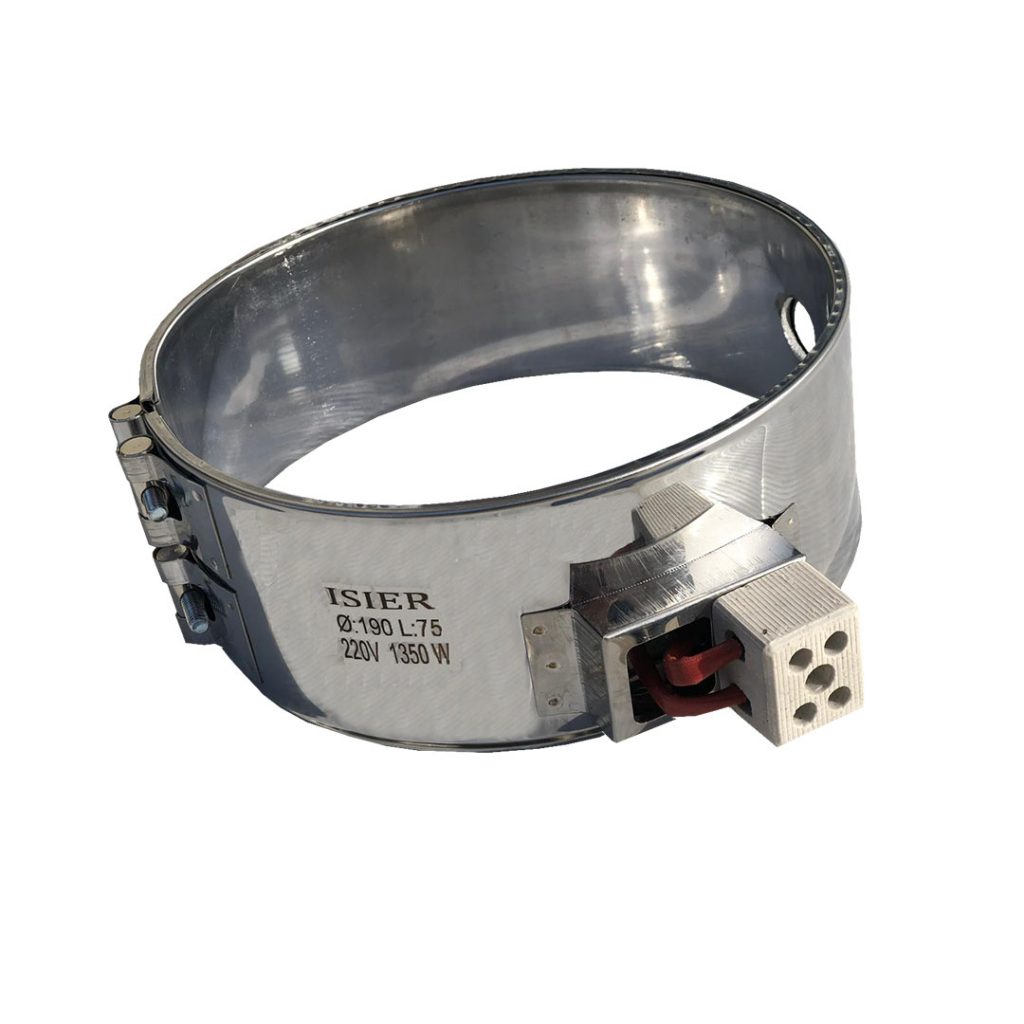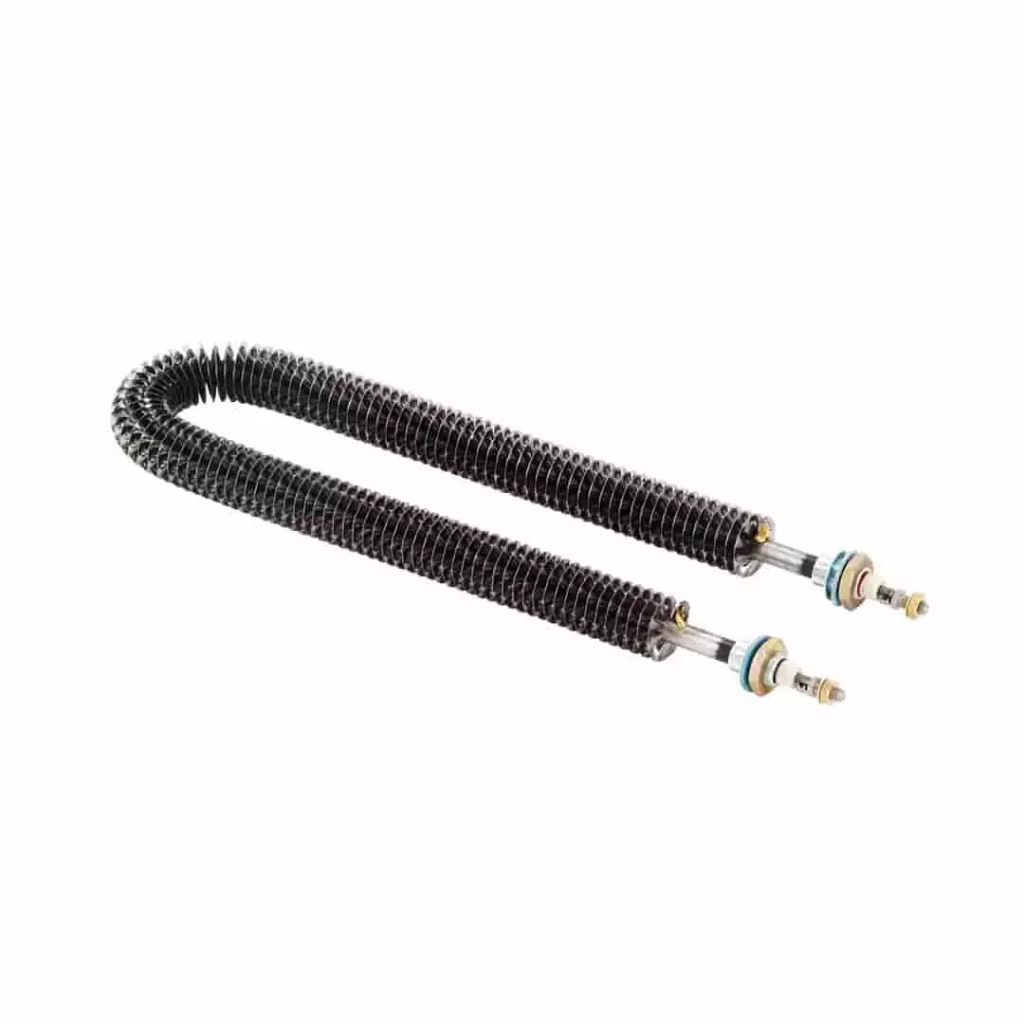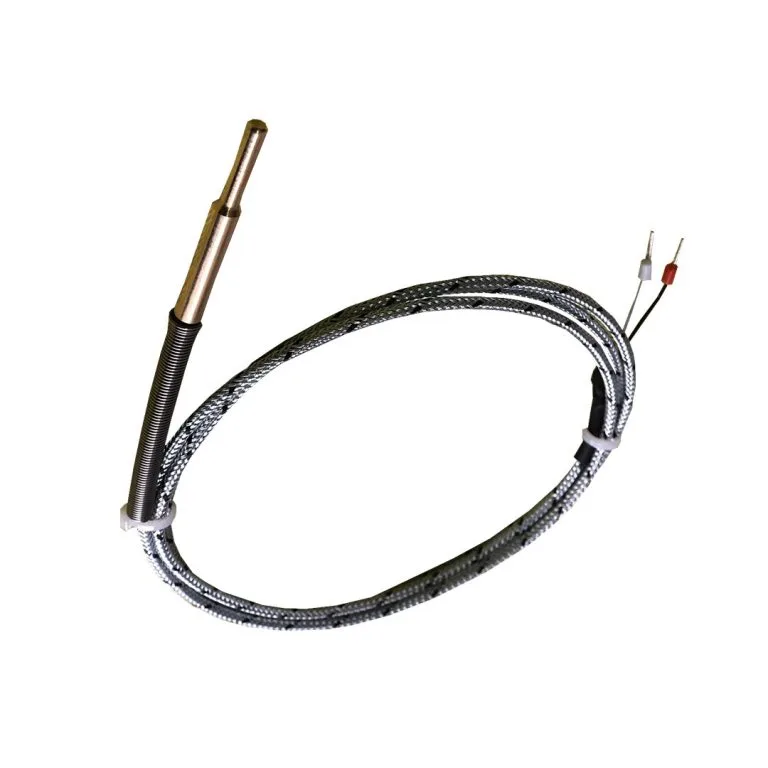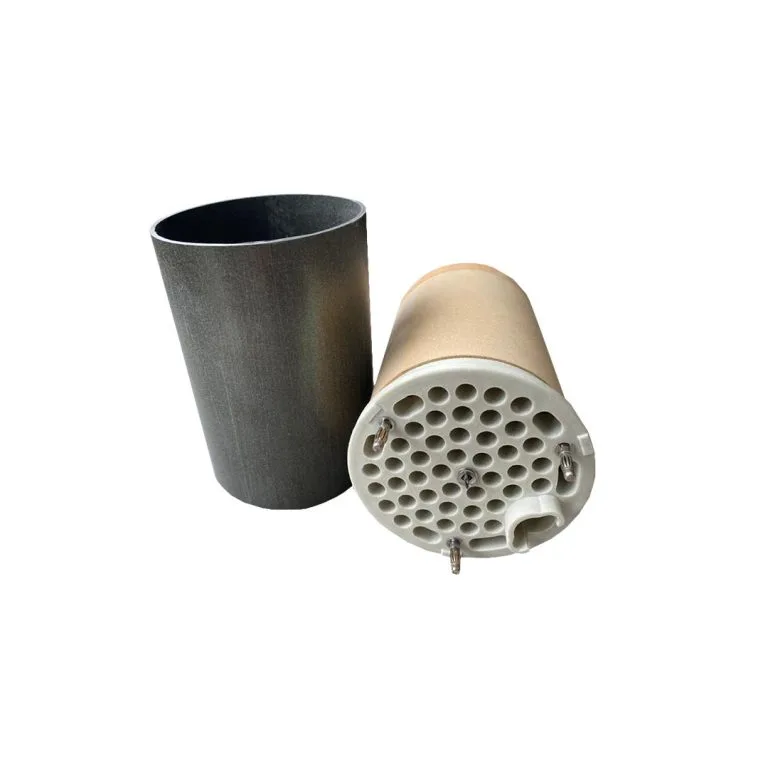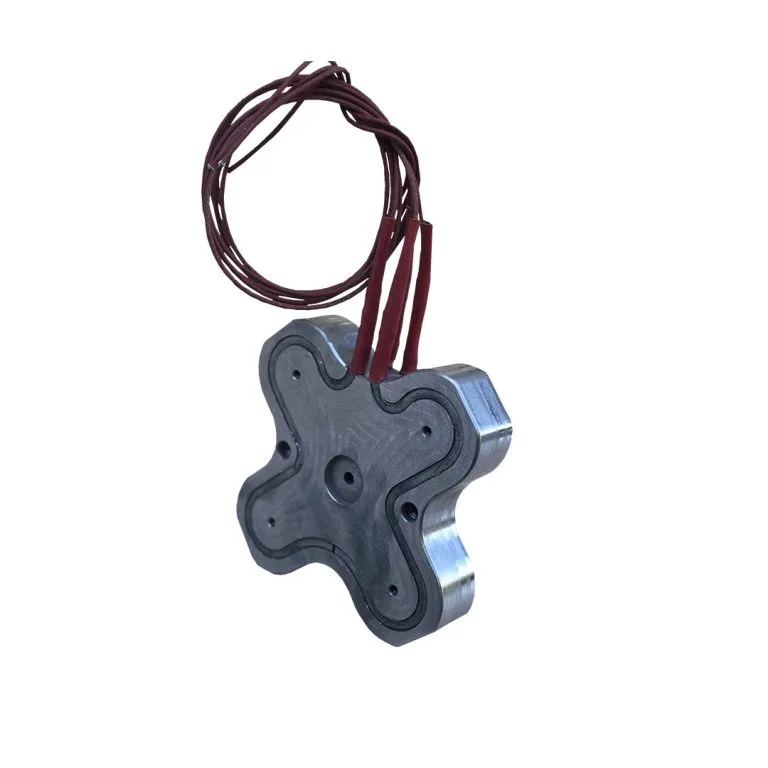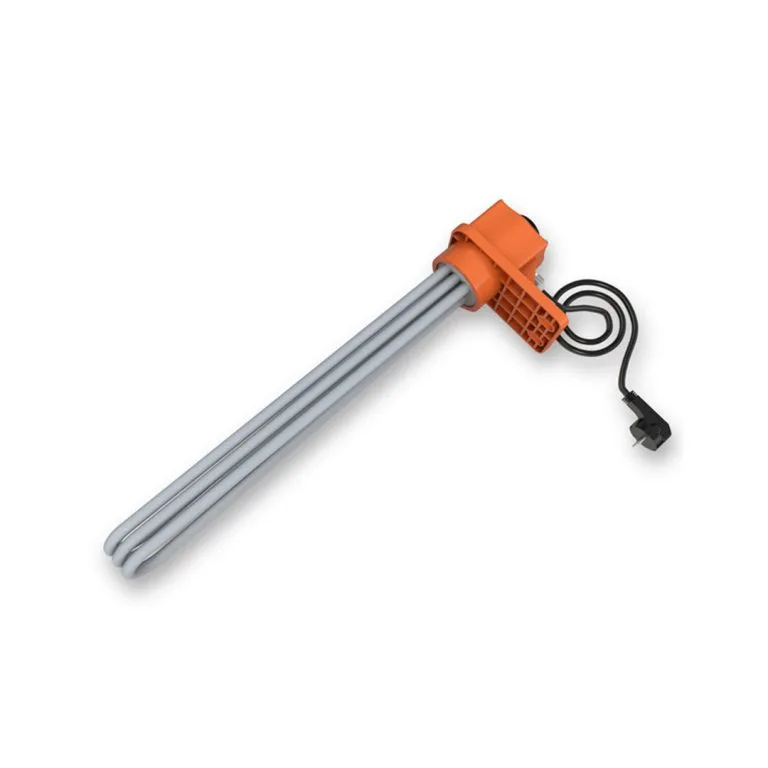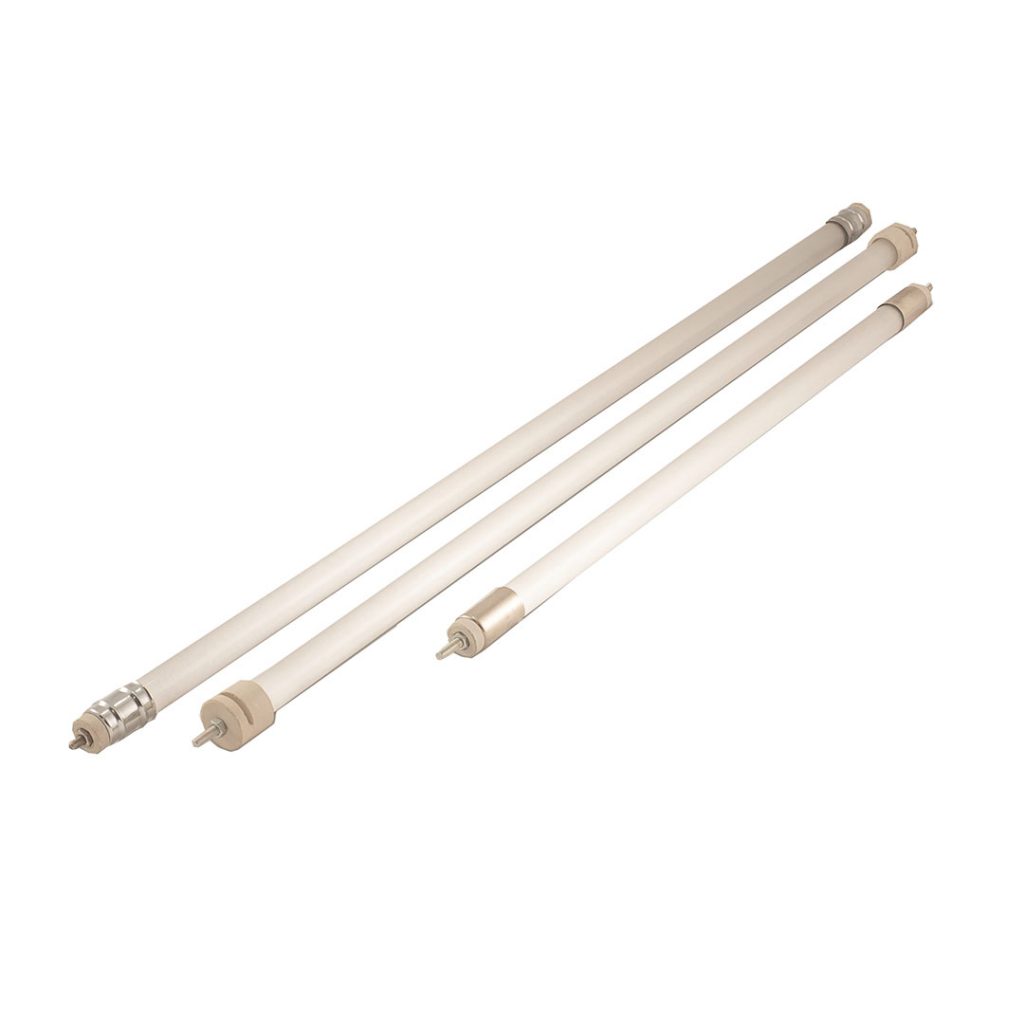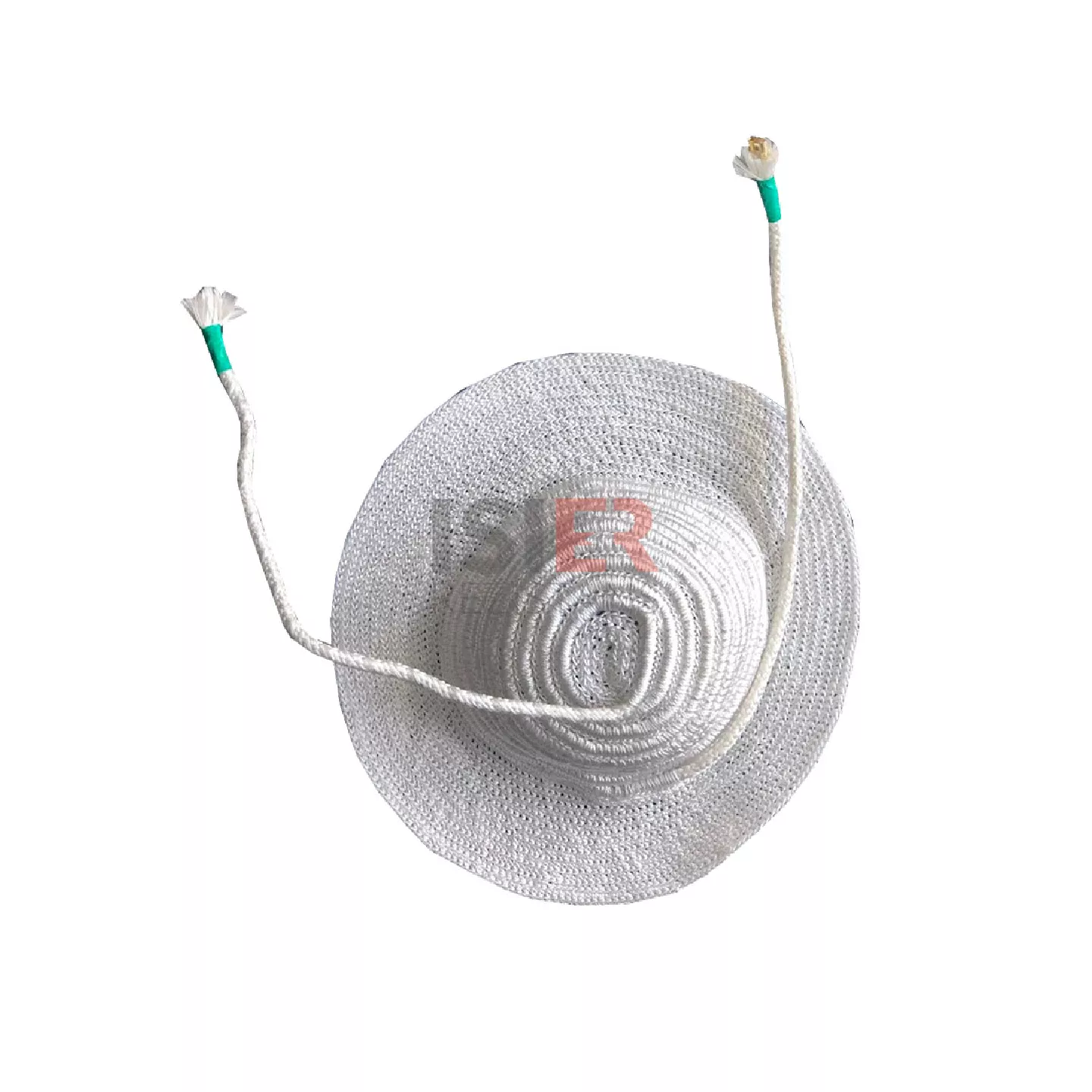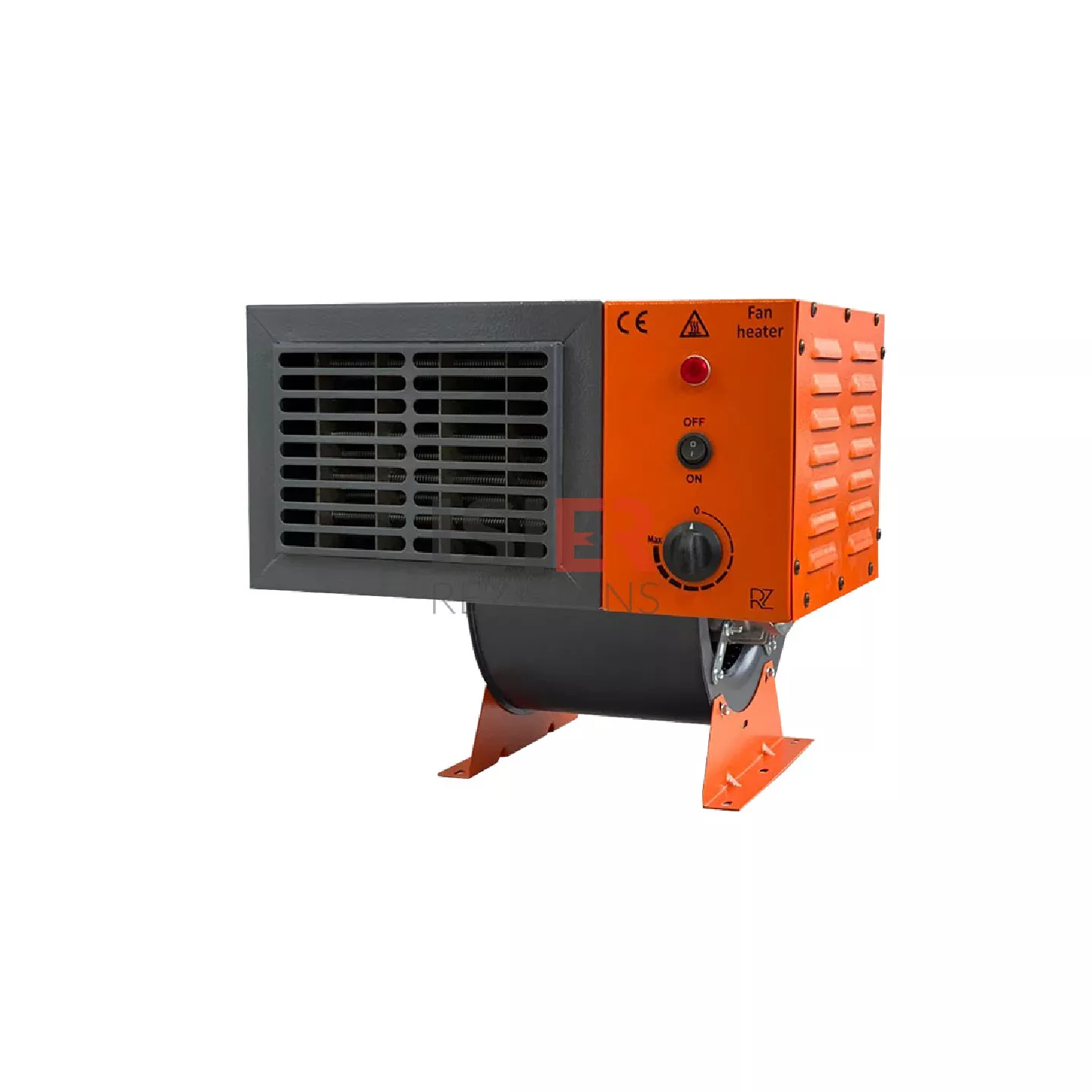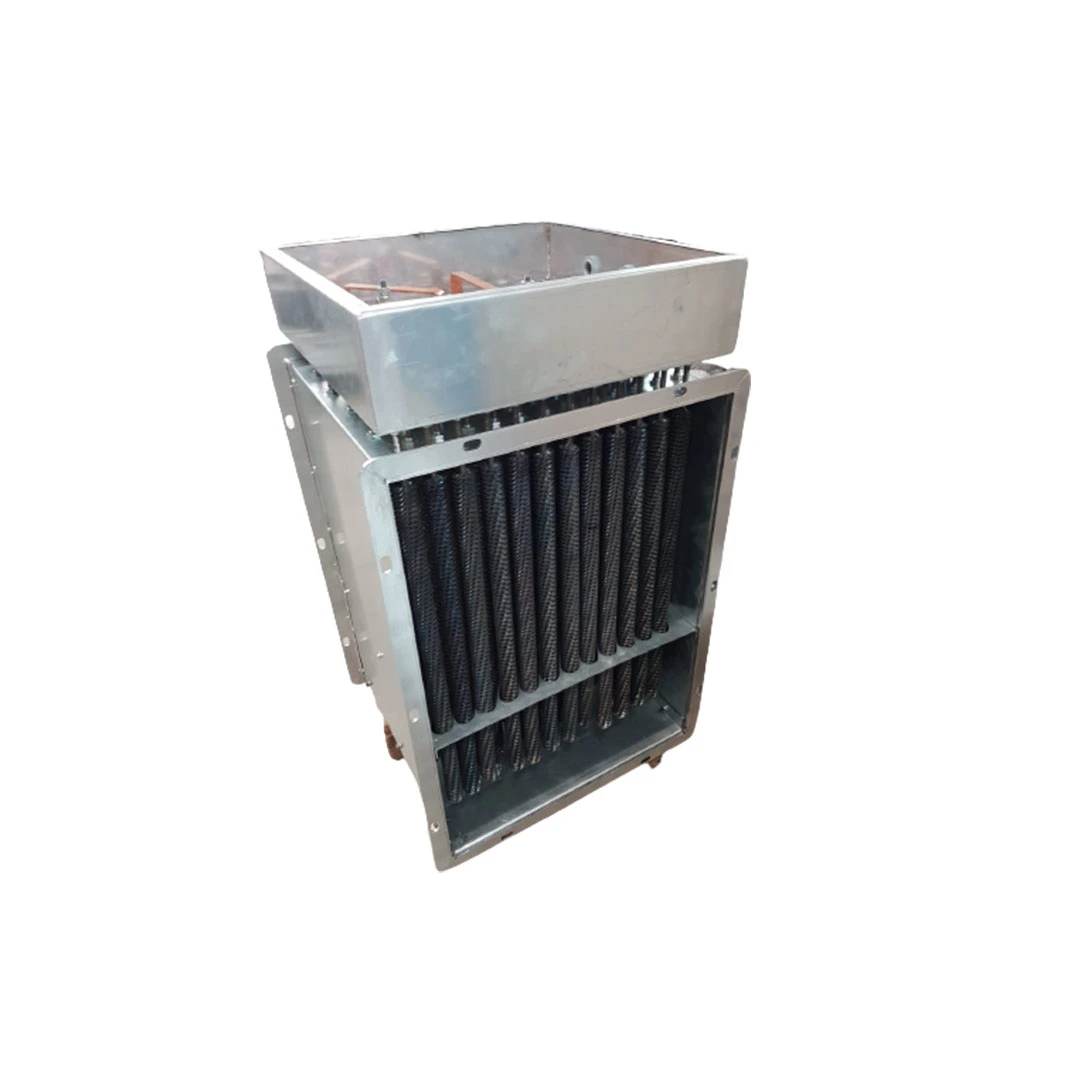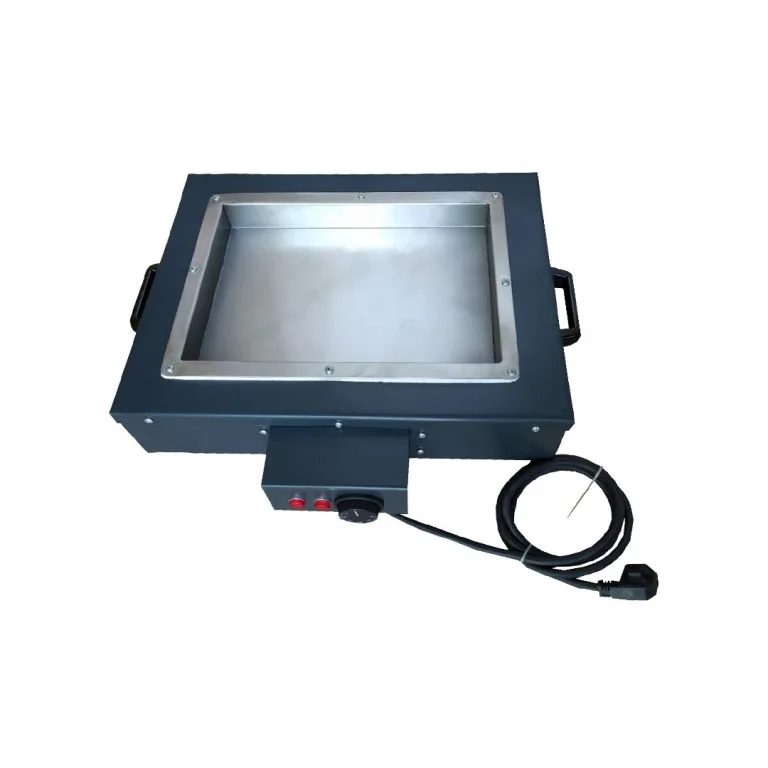Acid Bath Heaters: Definition, Features, and Applications
Acid Bath Heaters are specialized heating elements used primarily in metal plating, chemical processing, surface cleaning, and other industrial applications. Designed for long-term use in acidic environments, these heaters are typically employed in systems that handle acidic solutions. Acid bath heaters enhance the durability of resistance elements, making them resistant to chemical interactions. This article provides detailed information on the features, working principles, and applications of acid bath heaters.
Our Products
Your Solution Partner for All Your Resistance Needs
What is an Acid Bath Heater?
Acid bath heaters are heating elements with special protective layers, commonly used during processes like metal surface cleaning or plating. These heaters are manufactured to operate in acidic environments, withstanding high temperatures and resisting the corrosive effects of acidic solutions. They regulate the heat of acidic solutions, improving the efficiency of chemical processes and expediting operations.
The primary purpose of acid bath heaters is to control the temperature of solutions, making chemical reactions more efficient. They are widely used in galvanizing, zinc coating, pre-rust cleaning, and similar processes.
Working Principle of Acid Bath Heaters
Acid bath heaters convert electrical energy into heat, increasing the temperature of acidic solutions. This process occurs when the resistance element absorbs electricity and transfers the generated heat to the solution. These heaters are specifically designed to withstand acidic environments, ensuring resistance to chemical interactions and suitability for long-term use.
The working principle is based on the electrical current passing through the heating element, generating heat as it encounters resistance. The heated element raises the temperature of the surrounding acidic solution. This heating process plays a vital role in achieving the necessary temperatures for chemical processes.
Technical Features of Acid Bath Heaters
Acid bath heaters are specially designed to function reliably in acidic environments. Here are the general technical features of acid bath heaters:
- High Chemical Resistance: Acid bath heaters are highly resistant to acidic solutions. Materials such as stainless steel, titanium, and nickel alloys make these heaters durable against chemical effects.
- High Heat Resistance: These heaters are designed to operate at high temperatures, typically withstanding up to 500°C. They can efficiently heat acidic solutions even under extreme conditions.
- Longevity and Durability: Acid bath heaters are constructed from robust materials, ensuring reliable performance in long-term chemical processing applications.
- Protective Coatings: To endure prolonged exposure to acidic environments, acid bath heaters are often equipped with special protective coatings that prevent direct contact with acidic solutions, extending their lifespan.
- High Energy Efficiency: These heaters efficiently transfer heat to solutions, reducing energy consumption and operating costs.
- Low Maintenance Requirements: Due to their durable design, acid bath heaters require minimal maintenance, making them cost-effective over time.
Advantages of Acid Bath Heaters
Acid bath heaters offer several advantages for heating acidic solutions. These include:
- High Performance: Acid bath heaters operate efficiently at high temperatures and in acidic solutions, enhancing the speed and productivity of chemical processes.
- Durability: Made from resistant materials, acid bath heaters provide long-lasting performance without degradation due to chemical interactions.
- Chemical Resistance: These heaters are unaffected by acidic solutions, maintaining consistent performance even during extended use.
- Low Maintenance Costs: The robust design minimizes maintenance needs, reducing operational expenses significantly.
- Rapid Heating: Acid bath heaters quickly heat solutions, allowing chemical processes to be completed in shorter timeframes.
Applications of Acid Bath Heaters
Acid bath heaters are widely used in various industrial sectors. Some common applications include:
- Metal Plating and Galvanizing
Acid bath heaters are frequently used in metal surface plating and galvanizing. These processes often involve acidic solutions where maintaining a stable temperature is crucial. Fan-assisted heaters provide an ideal solution for these applications. - Zinc Coating
Zinc coating operations are typically conducted in acidic solutions. Acid bath heaters help regulate solution temperatures, enabling a more efficient coating process. - Surface Cleaning and Pickling
Acidic solutions are used to clean metal surfaces, removing rust, oxides, and other impurities. Acid bath heaters enhance the effectiveness of these cleaning processes by controlling the solution temperature. - Chemical Processes
Many chemical processes require acidic environments. Acid bath heaters accelerate chemical reactions, delivering more effective and efficient results. - Automotive and Aerospace Industries
In the automotive and aerospace sectors, acidic solutions are commonly used for cleaning and plating parts. Acid bath heaters meet the heating and processing needs of these industries.
Acid bath heaters are essential heating elements for applications involving acidic solutions, offering high chemical resistance, durability, and energy efficiency. These heaters play a crucial role in metal plating, surface cleaning, zinc coating, and other industrial processes by ensuring high performance and long-term reliability. Additionally, their low maintenance requirements and energy-efficient designs reduce operating costs. Acid bath heaters are indispensable for industrial heating solutions, providing durability and superior performance.
Acid Bath Heaters Frequently Asked Questions
An acid bath heater is a device used to maintain or increase the temperature of acid solutions in industrial processes. These heaters are designed to resist corrosion and safely operate in highly acidic environments.
Acid bath heaters are widely used in industries such as metal finishing, electroplating, chemical processing, pharmaceutical manufacturing, and wastewater treatment.
- Acid bath heaters are typically made from materials resistant to corrosion, such as Teflon® (PTFE), quartz, titanium, stainless steel, or ceramic, depending on the type of acid being heated.
- Acid bath heaters use electrical heating elements that are immersed in or placed near the acid bath. These elements generate heat, which is transferred to the acid to maintain the desired temperature.
Safety precautions include:
- Ensuring proper grounding of the heater.
- Regularly inspecting for leaks or damage.
- Using the correct material compatible with the acid type.
- Monitoring temperature to prevent overheating.
- Following manufacturer guidelines and wearing personal protective equipment (PPE).
- Acid bath heaters can handle a wide range of acids, including hydrochloric acid, sulfuric acid, nitric acid, and phosphoric acid. However, the heater material must be compatible with the specific acid to prevent damage.
- To choose the right acid bath heater, consider factors such as the type of acid, operating temperature, tank size, heater material compatibility, and power requirements.
- Common issues include corrosion, scaling, and overheating. Preventative measures include using corrosion-resistant materials, regular cleaning, proper maintenance, and using temperature controllers to avoid overheating.
- Yes, acid bath heaters can often be customized to meet specific process requirements, including size, shape, material, power rating, and mounting style.
Acid bath heaters provide precise temperature control, improve process efficiency, reduce downtime, and ensure the safety of industrial operations by being designed specifically for corrosive environments.



